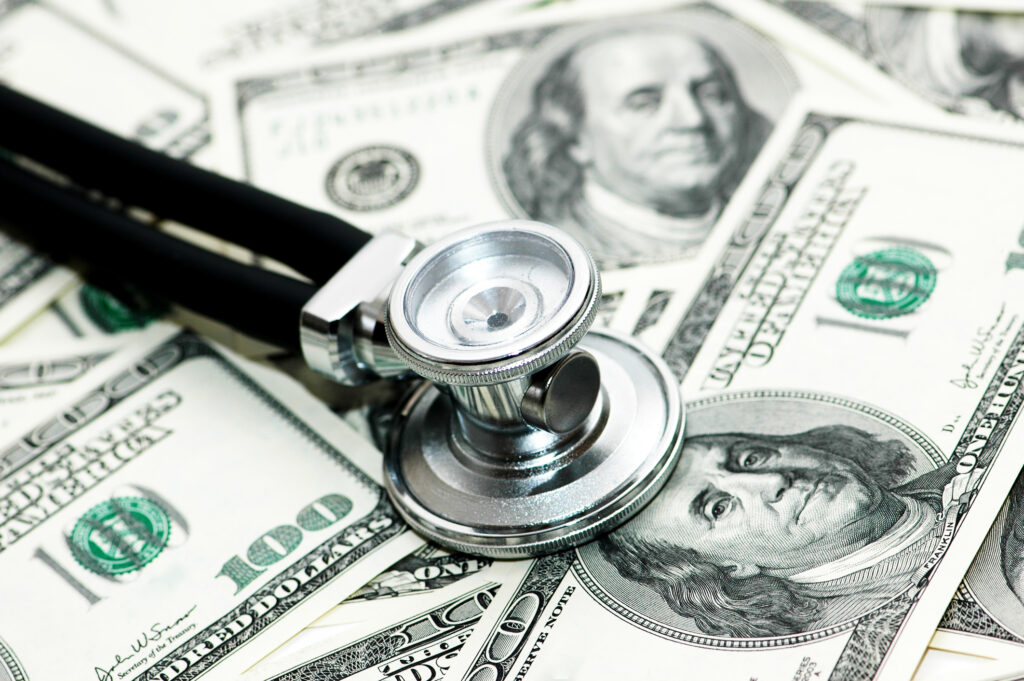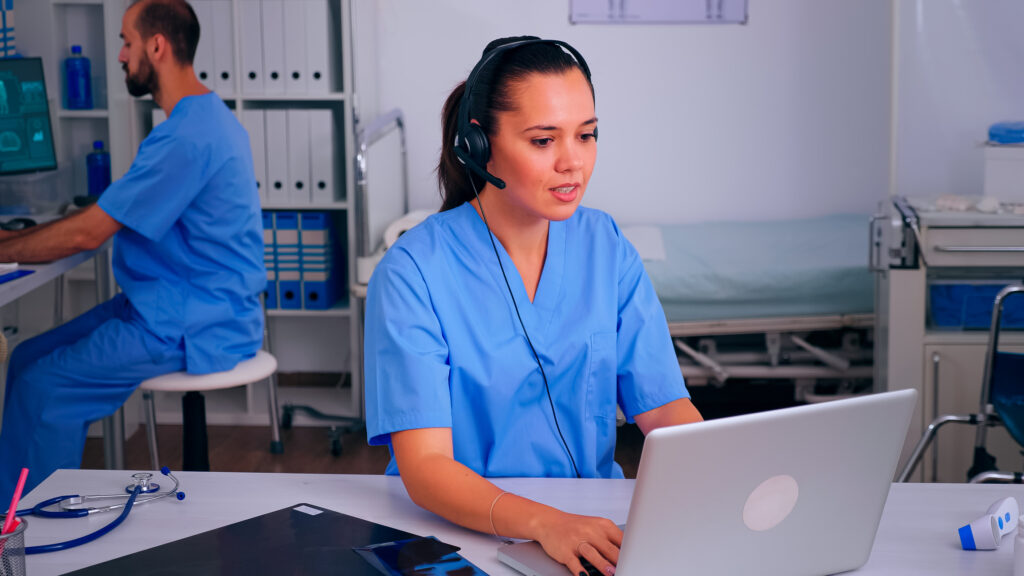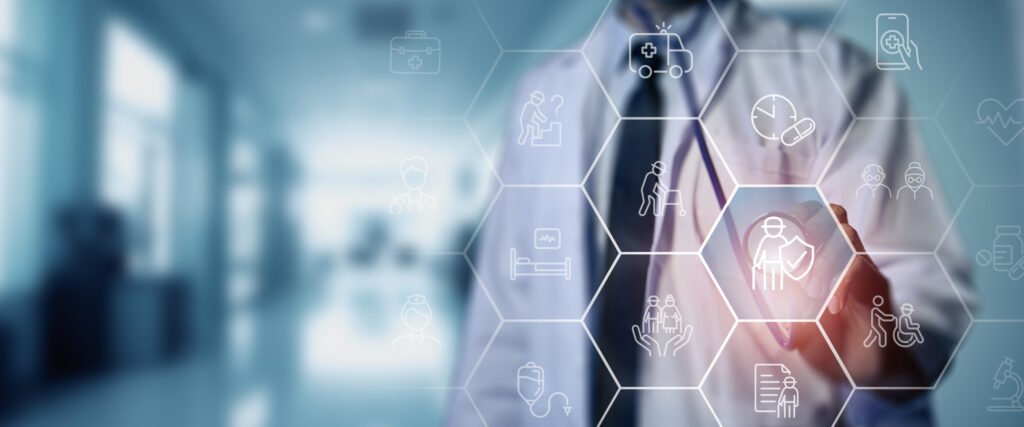No one wants to get injured.
Simple as that.
But what most people don’t realise is that the hard part often comes long after the accident itself. Physical wounds heal with time, but the health challenges that follow an injury often last much longer than we expect. In fact, one-third of accident survivors experience mental health challenges within one year of the incident.
So, what’s the solution?
Early awareness of these health challenges and finding a good place to turn to for help may be the most important part of recovery.
In this article, we’ll take a look at:
- The Health Battles That Aren’t So Visible After a Personal Injury Accident
- Why Mental Health Challenges Go Unaddressed for So Long
- Physical Recovery Battles That No One Talks About
- Support Systems to Have in Place After an Injury Accident
The Health Battles That Aren’t So Visible After a Personal Injury Accident
Did you know that over 6,500 people in the United States get injured in motor vehicle accidents every day?
It’s a staggering figure, but true nonetheless. It also serves to highlight how each of these millions of injury victims will face a recovery journey of their own.
In short, personal injuries do not just leave behind physical scars but a domino effect of health challenges most of us never see coming.
One of the first things to understand about injury recovery is that it is not linear. There will be good days and bad days, where it will seem like we’re right back where we started.
For many people who have been involved in an accident, chronic pain becomes a very real, long-term health challenge. Chronic pain doesn’t just affect our bodies. It completely rewires how the brain responds to pain and stress.
Sleep is essential to recovery, but the accompanying sleep deprivation that comes with trying to deal with pain only serves to make recovery more difficult. When people are in pain, they naturally tend to move less. But this inactivity can easily cause depression and anxiety to rear its ugly head.
Why Mental Health Challenges Go Unaddressed for So Long
Most people just want to fix the visible problems. Broken bones, surgical scars, and the accompanying visits to the hospital; these are the things people tend to focus on most.
But what about the unseen damage? Depression and anxiety are very common after a personal injury, both of which can take months to get under control if not addressed early.
Statistics show that within one month of an accident, 15% of victims experience depression and another 16% report anxiety.
The saddest part? Many people who experience injury-related depression and anxiety often do not seek help for it. They feel as if the condition is “normal” and will simply go away as time goes on.
But looking after your health after a personal injury means taking care of both the physical and mental aspects. That’s why expert legal advice is so critical when it comes to dealing with the stress and anxiety of recovery.
Adding legal concerns into the mix makes everything even more stressful. Medical bills, insurance, time off work; it all amounts to a perfect storm of factors that compound the mental and health challenges of the accident itself.
The mental health impact of an accident can be just as crippling as the physical damage. PTSD has been known to take hold of people involved in serious motor vehicle accidents and workplace incidents.
Physical Recovery Battles That No One Talks About
Physical recovery is not just about healing our physical wounds.
It’s about regaining our previous functions, managing any chronic health problems that develop as a result of the accident, and ultimately, learning how to live with our new limitations.
The reality is that some injuries will simply never heal completely, no matter how hard we try.
Mobility problems can often trap people within the confines of their own home, leading to feelings of social isolation and loneliness. Friends and family may not always understand why a simple task has become all but impossible.
Gone is the independence and freedom we once took for granted. That can be especially hard for those of us who were very active prior to our accident.
Limited mobility not only impacts our physical health but can also cut us off from social activities, regular exercise, and the daily routine we rely on to maintain our mental wellbeing.
Chronic pain conditions can surprise even medical experts when finally diagnosed. What starts as an acute injury transforms into chronic health conditions that need to be managed for the long haul.
Pain medications may help some of us, but there are plenty of examples of these medicines causing dependency problems in others.
Physical therapy quickly moves from being a temporary solution to a permanent lifestyle requirement. Multiple appointments per week. Rigorous, at-home exercises. Months of gruelling, slow progress that wear down our patience and resolve.
Support Systems to Have in Place After an Injury Accident
Recovery does not happen in a vacuum.
There are certain support systems that people can build that will make a massive difference in the outcome of their journey to full health.
Friends and family provide the emotional support we all need, but professional help is also needed to address specific health challenges.
Medical professionals form the foundation of any personal injury victim’s support team. Regular checkups with doctors, physical therapists, and mental health specialists keep us moving forward on the road to recovery.
The best approach is to take an active role in medical care. Asking questions, keeping detailed records, following up on doctors’ orders, and being a proactive participant in recovery rather than a passive patient.
Support groups can be vital in helping us connect with other accident survivors facing similar struggles. Finding people who understand our pain is key to helping people feel less alone. Online support groups have made it easier than ever to find people in similar circumstances.
Mental health support should be sought as soon as possible after the accident. Waiting until depression and anxiety become severe makes these issues that much harder to treat. Early intervention will ensure that small issues don’t grow into major roadblocks later on.
Financial planning is also critical for those whose ability to work is affected. Knowing our disability options, what our insurance covers, and what our legal options are can help alleviate the stress of medical bills that continue to pile up.
The legal system is complicated, especially when added to everything else we have to deal with following a personal injury. Documentation requirements, deadlines, and negotiations with insurance companies are a tall order for most people to deal with alone.
In short, having experienced and competent legal representation matters more than ever.
Final Thoughts on Personal Injury and Health Challenges
Injury recovery is a marathon, not a sprint.
The health challenges we may face do not end with the accident itself. Mental health issues, chronic pain, mobility issues, and financial stress; all of these things and more will add to the already difficult road to full recovery.
But with the right support systems in place, we can make a full recovery from injury.
The first step is awareness of these health challenges. The second step is not to hesitate to ask for help at the first sign of trouble.
Did you know that 62 million Americans sought medical attention for injuries in 2023? Each and every one of these people will face their own unique journey on the road to recovery.
Don’t hesitate to reach out and address both physical and mental health challenges that come after an accident. The sooner you can get the support you need in place, the better long-term outcomes will be.
Recovery is possible, but it requires the right support and the right team behind it.
Disclaimer
The content of this article, “Assessing Health Challenges Following a Personal Injury Incident,” is provided by Open MedScience for general informational and educational purposes only. It should not be interpreted as medical, legal, or professional advice.
Readers are strongly advised not to rely on the information presented here as a substitute for consultation with qualified healthcare providers, mental health professionals, or legal representatives. Personal injury cases vary widely, and outcomes depend on individual circumstances, medical conditions, and jurisdictional factors.
Open MedScience makes no representations or warranties regarding the accuracy, completeness, or reliability of the information contained in this article. Any action you take based on the material is strictly at your own risk. Open MedScience accepts no responsibility for any loss, injury, or damage resulting directly or indirectly from the use of this information.
You are here: home » diagnostic medical imaging blog »



